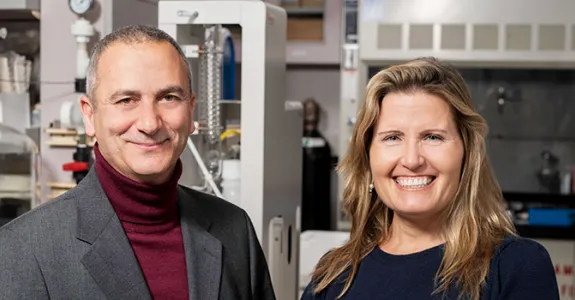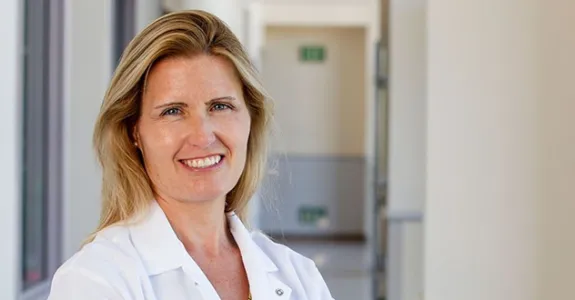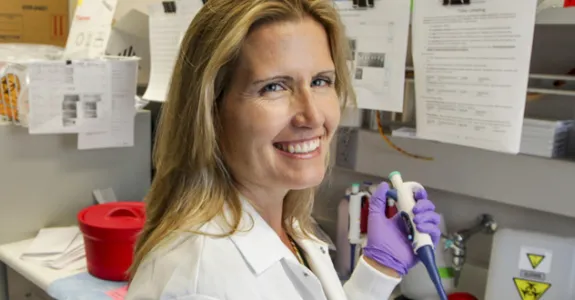Karen Parker, Psychiatry
Biomarkers of the Social Deficits of Children with Autism


May 1, 2019 - Stanford Medicine News Center
In a study of 30 children with autism, Stanford Bio-X affiliates Karen Parker, Antonio Hardan, and...

May 2, 2018 - Stanford Medicine News Center
Low levels of vasopressin in CSF are linked to low social ability in monkeys and to autism in children...

April 5, 2018 - Stanford Medicine Scope
Inspired by family members to pursue a science career, Stanford Bio-X affiliated faculty member Karen...